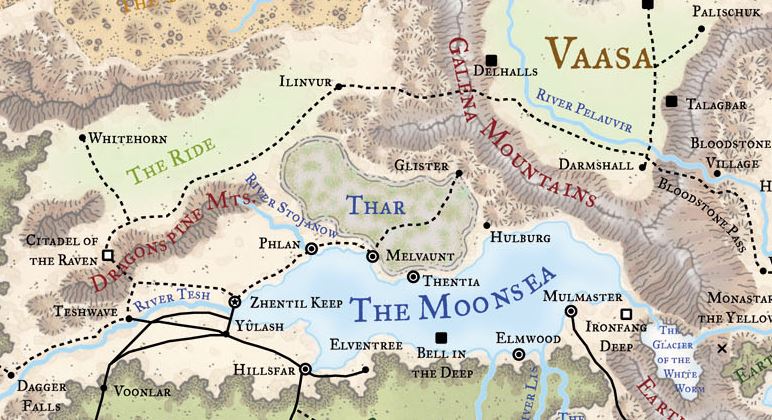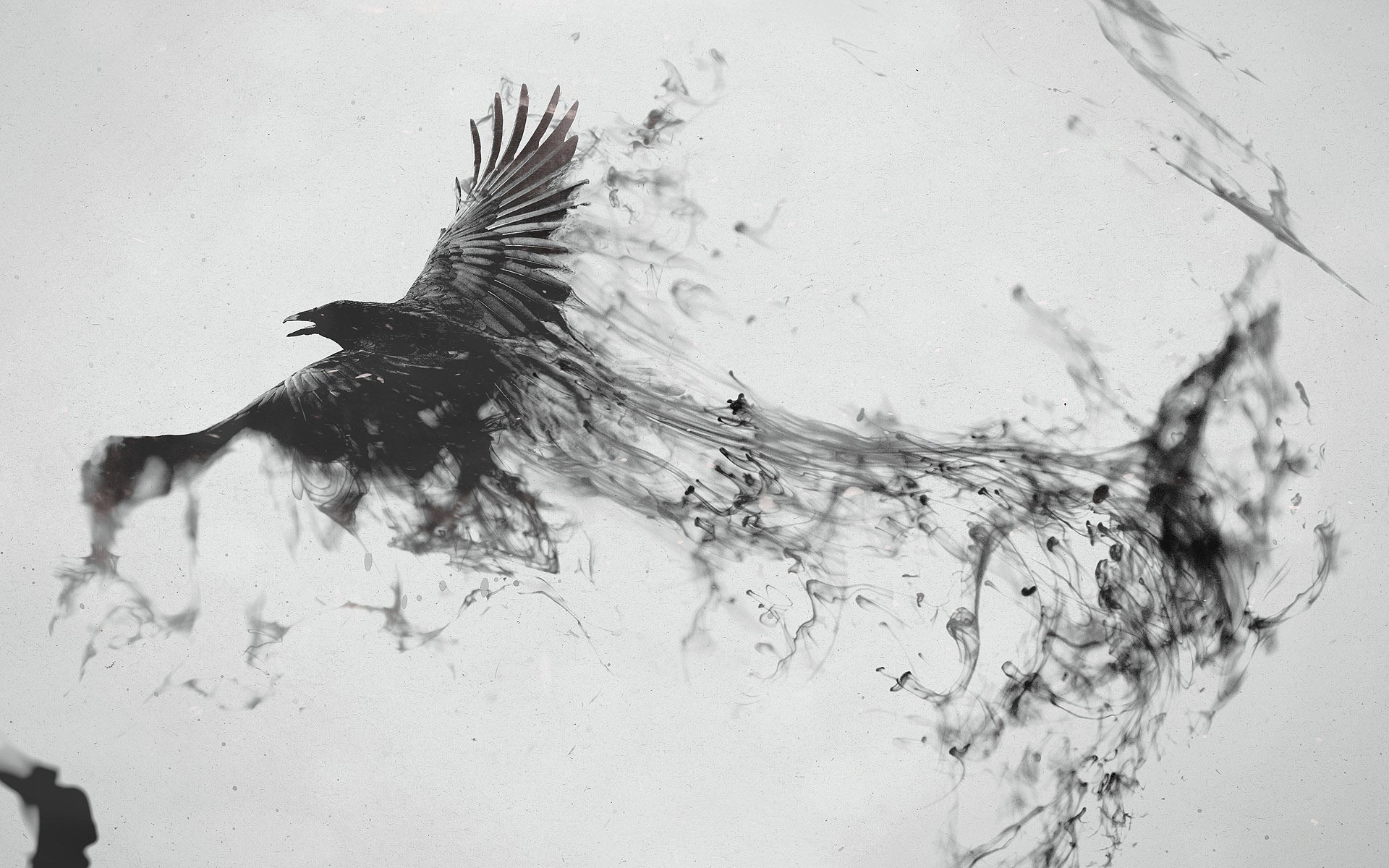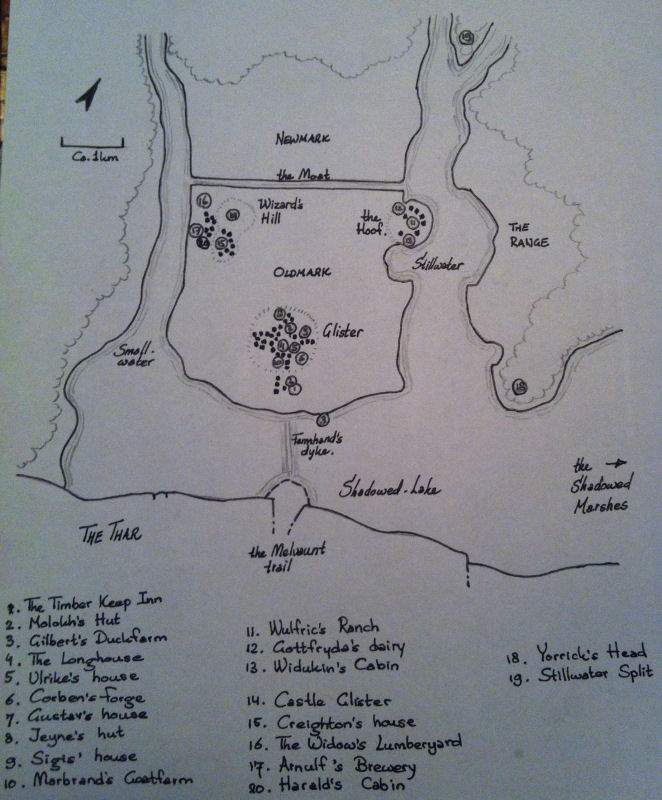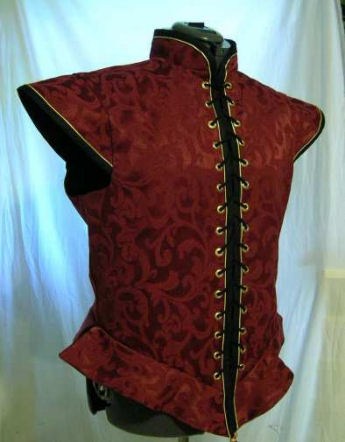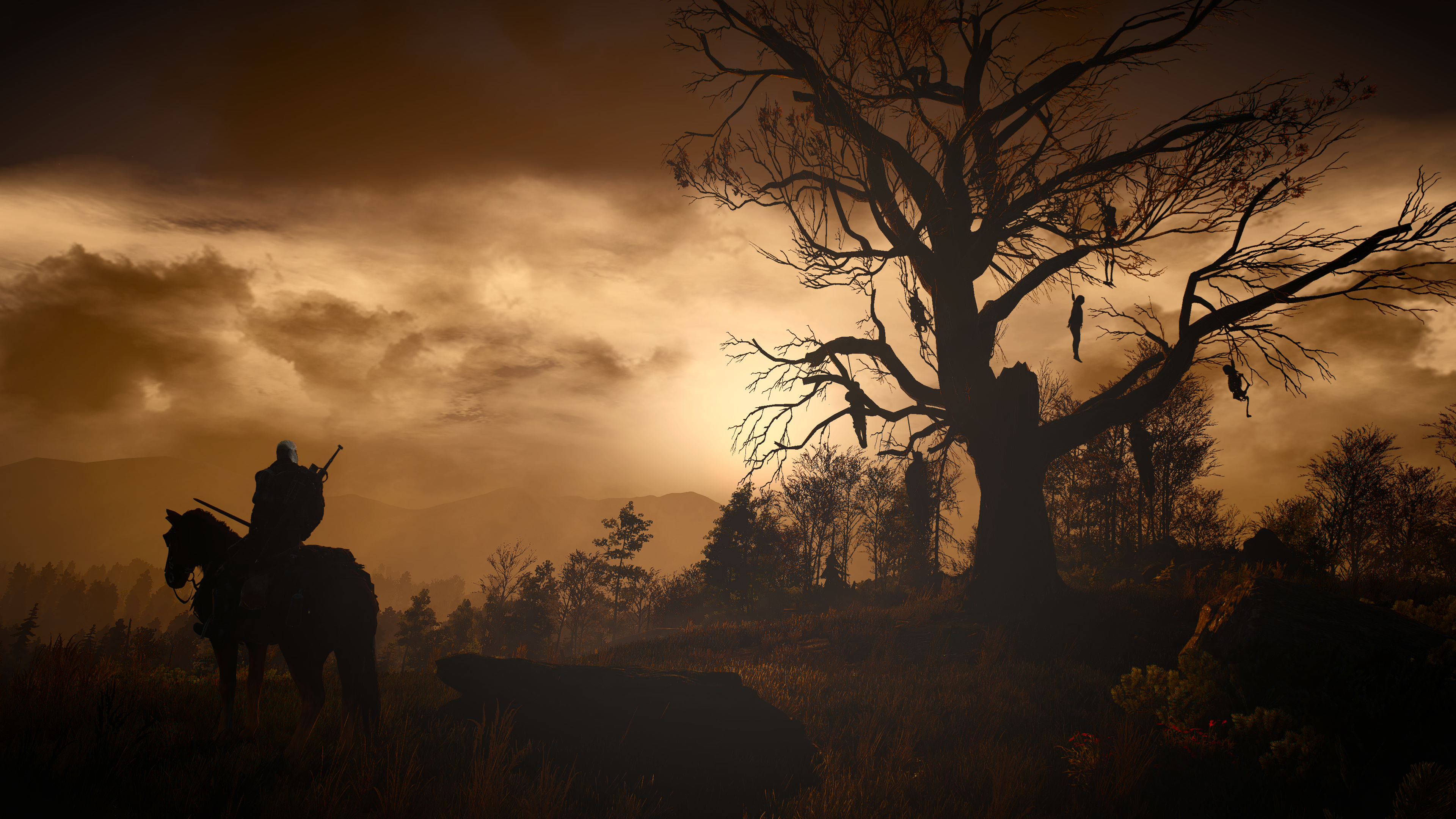Lord Harlberstam Redwyne
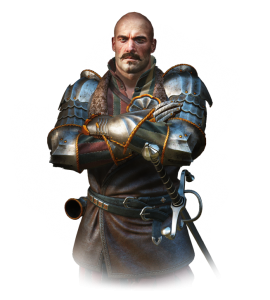 My father is Lord Halberstam Redwyne, Duke of Fulcestershire, Marquess of Montrose and Beauclaire, Earl Redwyne of Belford, Viscount Aberuthven, Lord of Redgarden, Lord of Closeburn, Baron of Dunbar. I’m fairly sure I’ve forgotten half a dozen titles. All of them earned by our illustrious ancestors through conquest, marriage or reward.
My father is Lord Halberstam Redwyne, Duke of Fulcestershire, Marquess of Montrose and Beauclaire, Earl Redwyne of Belford, Viscount Aberuthven, Lord of Redgarden, Lord of Closeburn, Baron of Dunbar. I’m fairly sure I’ve forgotten half a dozen titles. All of them earned by our illustrious ancestors through conquest, marriage or reward.
Politically, my lord-father is quite an important man who is well loved by most other dukes, princes, marquesses, earls, viscounts, lords and barons. And there is not a village, hamlet, farm or tavern in Fulcestershire where the smallfolk don’t raise their glasses and cups in toast to the health and good fortune of my lord-father.
Lady Madeleine-Élodie Montmorency
My lady-mother is the only daughter of Viscount Montmorency of Beauclaire, whose family have held faith with mine for generations. One of the oldest noble families in Cormyr. Any of the grand families would have tripped over themselves to make a marriage with her.
She and my lord-father’s sister, lady Sylvia, were of an age and very close friends. Their friendship was forged while spending their time at court as handmaidens to princess Iris. When my lord-father appeared at court for the Shieldmeet festival, he and my lady-mother were introduced and fell head over heels.

The Grand Marriage
When news of their mutual interest became common knowledge, lady Sylvia was overjoyed and princess Iris became involved in the arrangement. They were married at Redgarden Keep at the Midsummer festival, exactly two years since their first meeting.
The marriage was a grand affair, and the newlyweds were the envy of all. Married on an auspicious day, loved by commoners and nobility, the future seemed bright. Two great houses united and exchanged titles. Lord Marcus Redwyne, third of his name, received the title of Marquess of Montrose and Beauclaire, a prestigious hillside area known for their exquisite vineyards. My lady-mother’s father, Lord Louis-Antoine Montmorency received the title of Viscount of Caerruthers, a fertile garden region of Fulcestershire.
The relations between the two houses had already been warm, but now their interests were entwined in a way that had previously been considered unthinkable in the tumultuous and oftentimes cutthroat political landscape of the Cormyrian nobility.
The Honeymoon
On their honeymoon, my parents toured Beauclaire with a small entourage and settled at a small estate in the middle of the vineyards called Corbeau Rouge. For more than a year, they enjoyed their new marriage in privacy. They received friends and family from time to time, but otherwise, my lord-father was said to have been busy with the farmers and vinters at the estate perfecting a wine that would do our family’s name proud.
The Succession
Unfortunately, their peace was cut short with the illness of my lord-grandfather, and they returned home to Redgarden. My lord-father took over the duties as Lord of Redgarden Keep and as Duke of Fulcestershire. He would sit at his father’s bedside and talk quietly for long hours. Anyone interrupting the two were curtly sent away. My lord-grandfather’s steward, Ser Osmund Waynwood, was sometimes requested to witness these conversations. He would only share that the two lords were preparing my lord-father’s succession. His father still had many things to share and wanted to do so before his spirit faded and he would return to Chauntea’s embrace.
It would still be another year before my lord-grandfather passed away and he was laid to rest in the crypts below Redgarden Keep. His funeral was said to be a large and solemn affair, attended by many – even the king. My lady-mother told me that the year of my lord-grandfather’s illness was the year in which my lord-father changed. Before he was an amicable man, one quick to smile and with a compliment or kind word never far from his lips. After his father passed, he became to a grave lord who bore the weight and responsibility of his station and took his duties very seriously.
Lord Halberstam’s Reign
Soon after the funeral, my lord-father decreed that the duchy would no longer settle with being Cormyr’s grain supply. No longer would it sit idly by and have other lords neglect their duties to feed their people only to lean on the ample supplies of Fulcestershire. He negotiated fair prices for the food stocks sold to other lordships and those prices weren’t always paid in coin. The gold that would flow into the family coffers were used to shore up existing defenses, expand new defenses in the form of watch towers, and several permanently manned garrisons throughout the duchy.
 The increase in prosperity and security made my lord-father well loved by his people. His vassal lords found in him a strong and fair ruler, the commoners felt safe and saw their larders fully stocked, and there was more work to go around. Common men could aspire to join the military and work their way up. Some of them were knighted for their efforts, and in very rare occasions they would even be awarded a plot of land or small holdfast, like in the case of Ser Anguy of Enslow, who was responsible for the search and eventual apprehension of Edwyn the Dread, a priest of Bane with close ties to Zhentil Keep who had been terrorising the area around Wellingsborough, in the north-eastern part of the duchy. These men were honoured and celebrated, giving the commoners someone to cheer and aspire to emulate.
The increase in prosperity and security made my lord-father well loved by his people. His vassal lords found in him a strong and fair ruler, the commoners felt safe and saw their larders fully stocked, and there was more work to go around. Common men could aspire to join the military and work their way up. Some of them were knighted for their efforts, and in very rare occasions they would even be awarded a plot of land or small holdfast, like in the case of Ser Anguy of Enslow, who was responsible for the search and eventual apprehension of Edwyn the Dread, a priest of Bane with close ties to Zhentil Keep who had been terrorising the area around Wellingsborough, in the north-eastern part of the duchy. These men were honoured and celebrated, giving the commoners someone to cheer and aspire to emulate.
My lord-father’s justice was as decisive as it was fair. He would leave adjudication to his vassal lords in order to give them a sense of agency, but opened his audience hall for one day every two rides for people, commoners and nobility alike, to have matters adjudicated by him personally, or Ser Osmund Waynwood in his absence. Sometimes he would ride out with his knights and the Fulcester priests of Chauntea to deal with matters personally. The minstrels still tell tales of his men battling the undead infestation at Felixstowe and Shotley Gate.
The Pursuit of an Heir
The first time my lady-mother’s womb quickened was shortly after my lord-grandfather passed away. It was said my father was overjoyed. Unfortunately, complications lead to miscarriage. The next two pregnancies resulted in stillborn births. My lady-mother told me about those dark days, but only on grim winter nights at the fireside, wrapped in a blanket, with a cup of hot, spiced wine in hand. Two more miscarriages followed. My lady-father grew desperate, but never once blamed my mother. Priest of the Chauntaic order of Fulcester were brought in to tend to my mother before, during and after every failed pregnancy.
Eventually, the Montmorency family started to get involved, and convinced my lord-father to allow them to bring in some aid. Through their vintnership, they had contacts in the far off land of Halruaa, well known for their Haerlu wines and their expertise in magic. My lord-father initially objected due to his innate prejudice against magic but eventually was convinced by my lady-mother. A fertility expert was brought in and together with the Chauntaic priests managed to help my mother conceive and give birth to me.
I was born Ethan Redwyne of Fulcestershire, the Marquess of Montrose and Beauclaire.

